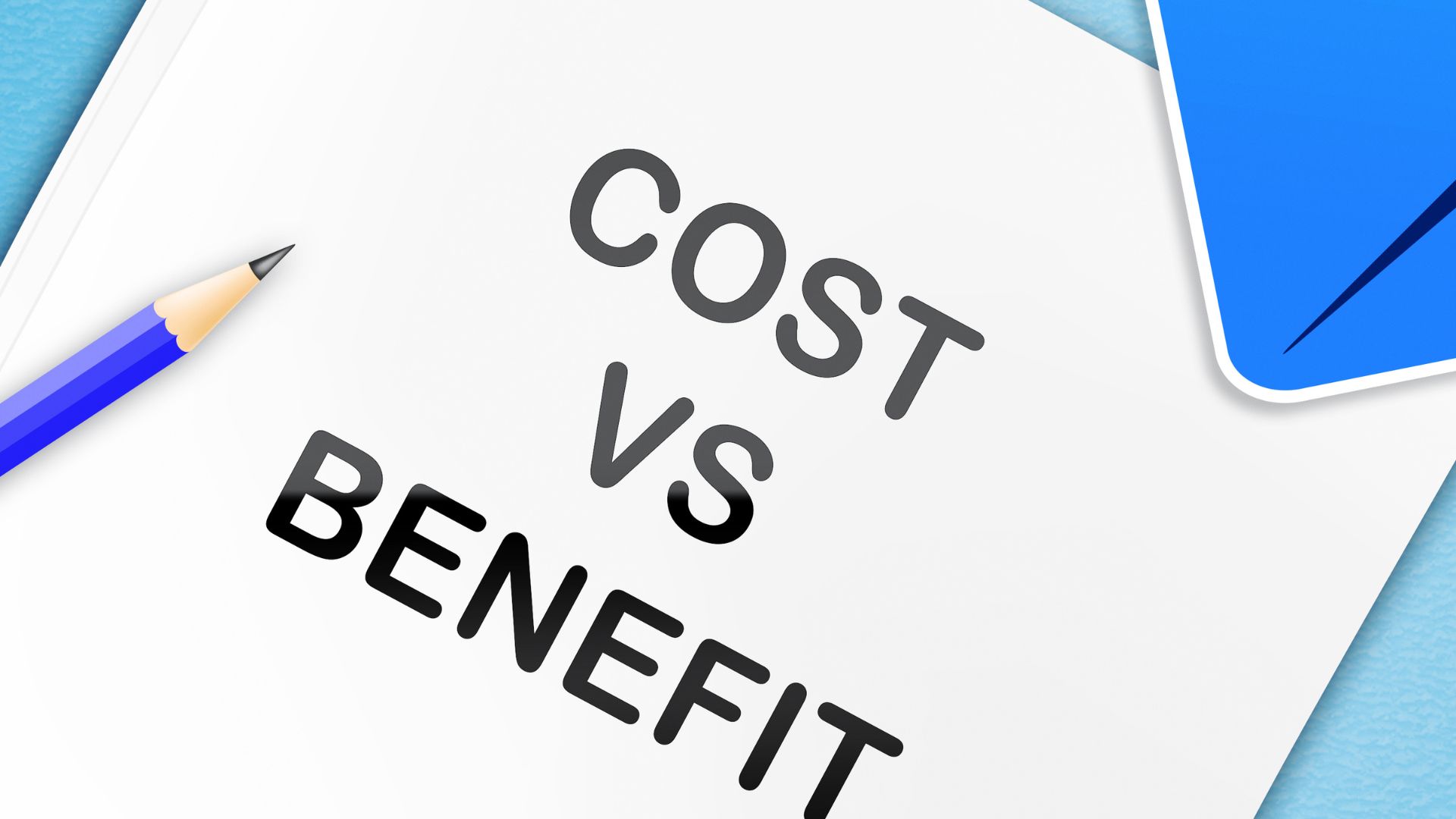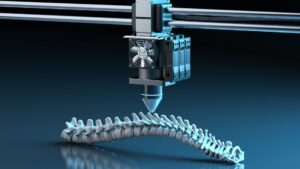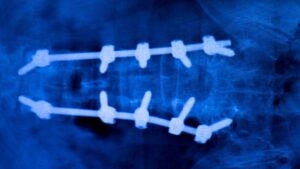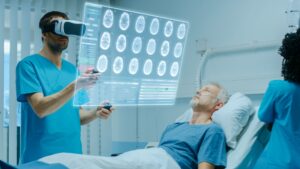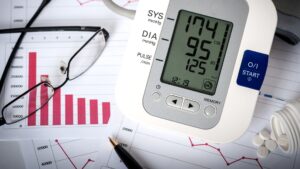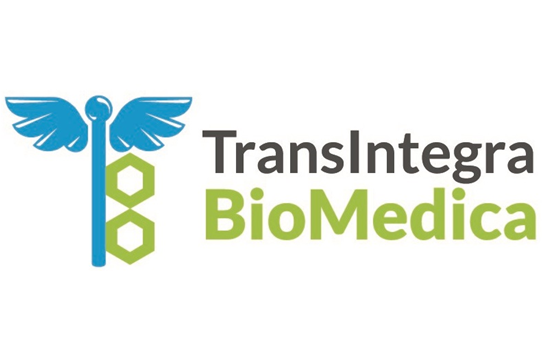Medical technologies have increasingly raised the hope of quick, inexpensive, user-friendly platforms with the possibility of improving the way healthcare is managed. Medical technologies are around us all the time. In:
- Diagnosis, prevention, monitoring, treatment, or alleviation of disease.
- Diagnosis, monitoring, treatment, alleviation of an injury or handicap.
- Investigation, replacement, or modification of the anatomy or of a physiological process.
- In providing information using non-invasive techniques that enables patients, caregivers and healthcare professionals to make better health decisions.
The more we understand about the biological system, the classical disease treatment and management approaches can leverage billions of data assets we generate for more successful health outcomes, The information available and the health data generated are being integrated into existing medical tools and emerging tools.
For many of the newer tools and systems, validation, cost-effectiveness, and potential harms/hazards need to be fully analyzed before large-scale incorporation into the healthcare system. Knowledge and anticipation of the current-future regulatory framework and credible data to support user acceptance and mitigate overall risks would be the line between the failure or success of a product.
